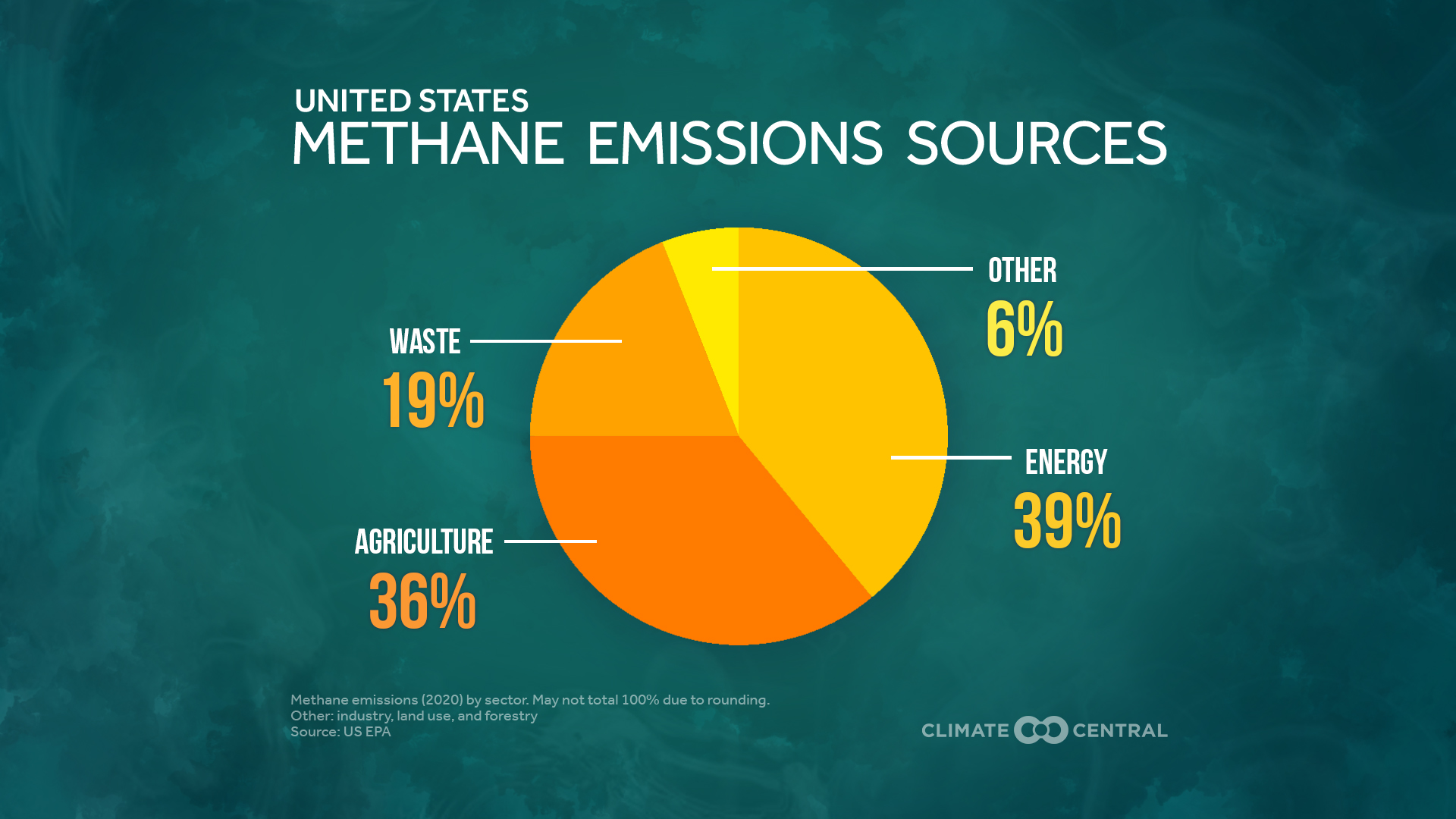Report titled “Imperative of Cutting Methane from Fossil Fuels” released by IEA
Report was prepared by International Energy Agency (IEA) with contributions from UNEP and UNEP-Convened Climate and Clean Air Coalition (CCAC).
About Convened Climate and Clean Air Coalition (CCAC)
CCAC, founded in 2012, is the only international body working to reduce short-lived climate pollutants-methane, black carbon, hydrofluorocarbons – that drive both climate change and air pollution.

Key findings in report about Methane
- Targeted methane mitigation from fossil fuels could avoid 0.1 °C warming by 2050.
- Without targeted action on methane, increase in global average surface temperature will likely exceed 1.6 °C by 2050.
Methane mitigation by 2050 can prevent
- Nearly 1 million premature deaths due to ozone exposure.
- 90 million tonnes of crop losses (wheat, rice, soy and maize) due to ozone and climate changes.
- About 85 billion hours of lost labour due to heat exposure.
Methane (CH4) is a greenhouse gas and responsible for 30 percent of global warming.
- Around 580 million tonnes of methane is emitted every year globally,
- 60 percent of which comes from human activities (landfills, agricultural practices, wastewater treatment etc).
- It is the second largest contributor to climate change after carbon dioxide.
Initiatives to Tackle Methane Emissions
- Global Methane Pledge was launched at COP26 in 2021 to cut methane emissions by at least 30% by 2030 from 2020 levels.
- It was not signed by India.
- Gobar (Galvanizing Organic Bio-Agro Resources) Dhan scheme, an umbrella initiative of Ministry of Jal Shakti,
supports conversion of waste into resources and reduction of methane emissions.
